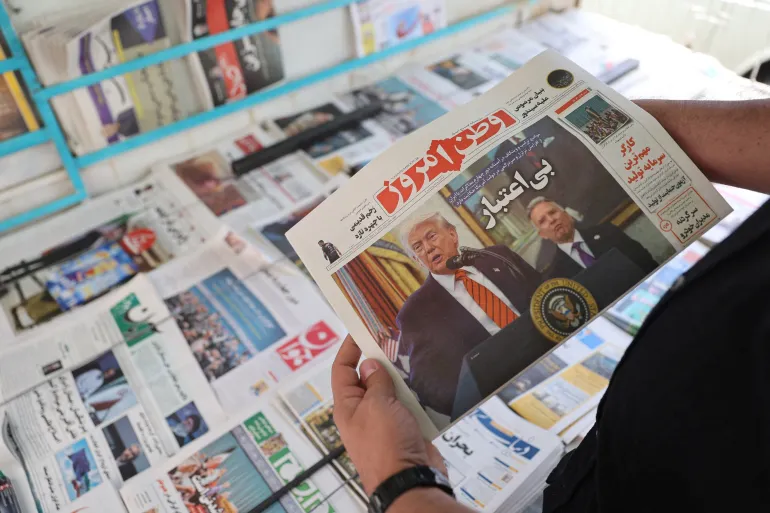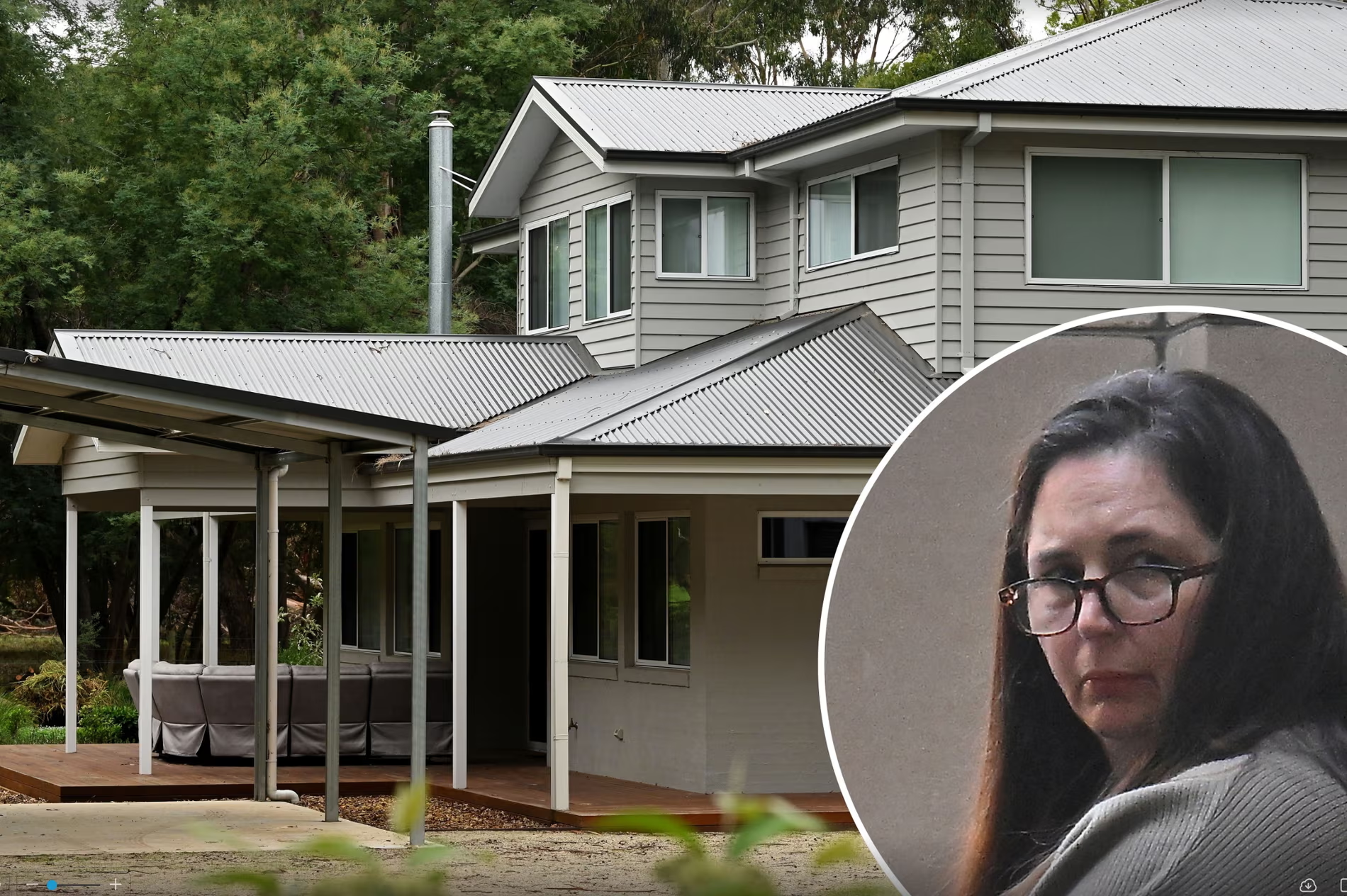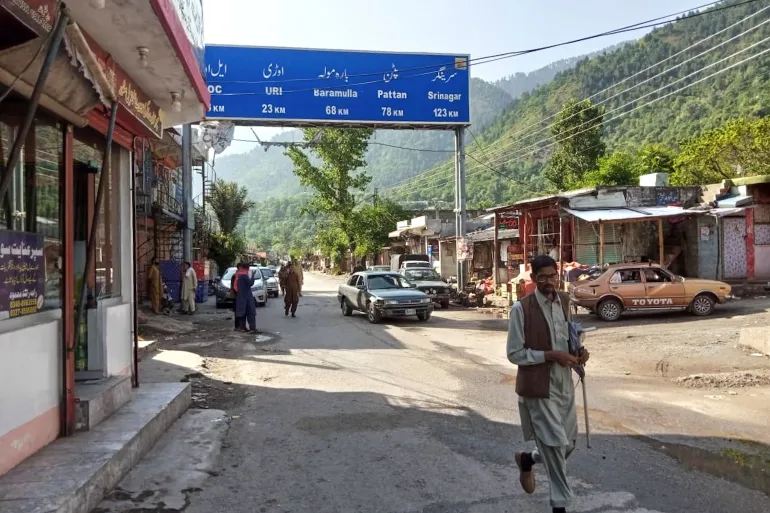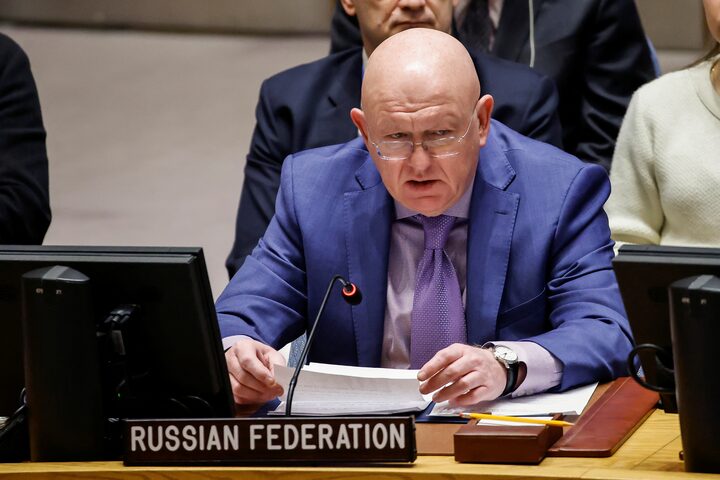Iran has firmly rejected any pause in its uranium enrichment programme, even as indirect negotiations with the United States continue over the country’s nuclear activities and broader regional security issues. The announcement signals Tehran’s intent to hold its position despite mounting diplomatic pressure and renewed efforts at compromise.
Speaking on Sunday, Iranian Foreign Ministry spokesman Nasser Kanaani stated unequivocally that Iran would not consider halting enrichment as part of a potential interim agreement. “There will be no freeze, no suspension of enrichment,” he declared during a weekly press briefing. “Our nuclear activities are entirely peaceful, lawful, and within our rights under international treaties.”
The comments come amid a flurry of diplomatic activity, with US and Iranian officials reportedly engaged in backchannel talks via intermediaries in Oman. These negotiations have taken on added urgency as the US seeks to stabilize the region and curb Iran’s nuclear advancements without triggering another escalation or military confrontation.
Iran’s decision to rule out an enrichment break deals a blow to hopes for a swift resolution. American and European negotiators had hoped Iran might agree to at least a temporary cap on enrichment levels or the quantity of uranium stockpiled, in exchange for limited sanctions relief and humanitarian assistance. However, Tehran’s firm stance indicates it is unwilling to offer concessions without more substantive guarantees.
According to Iranian officials, the country is enriching uranium at levels above 60 percent purity, well beyond the 3.67 percent cap agreed upon under the now-defunct 2015 Joint Comprehensive Plan of Action (JCPOA). While still below the 90 percent threshold considered weapons-grade, Western intelligence agencies warn that Iran’s enrichment activities significantly shorten its “breakout time” to potentially developing a nuclear weapon—something Tehran consistently denies it seeks.
Kanaani reiterated that Iran will not return to the JCPOA unless the US lifts all sanctions imposed after Washington’s 2018 withdrawal from the agreement under President Donald Trump. “We do not trust empty promises. Iran has fulfilled its commitments, and it is now up to the other side to demonstrate real political will,” he said.
The US has responded cautiously to Iran’s latest statements. A senior State Department official acknowledged “deep disagreements remain” but said talks would continue. “Our focus is on reducing tensions and ensuring Iran never acquires a nuclear weapon,” the official told reporters on condition of anonymity.
The European Union, which has been facilitating diplomatic efforts alongside Oman and Qatar, expressed concern about the hardening positions. EU foreign policy chief Josep Borrell warned last week that time is running out to salvage even a partial framework to prevent further nuclear escalation in the Middle East.
Iran’s decision is also being closely watched by Israel, which has vowed to prevent Iran from becoming a nuclear-armed state by any means necessary. Israeli officials have repeatedly signaled that they are prepared to act unilaterally if diplomacy fails, further increasing tensions in an already volatile region.
Domestically, Iran’s leadership continues to face pressure from hardliners who oppose any compromise with the US. At the same time, economic hardship caused by years of sanctions has fueled calls for relief among the Iranian public, who have seen inflation soar and living standards deteriorate.
Despite the high stakes, both Washington and Tehran appear locked in a diplomatic stalemate. The US remains reluctant to provide sanctions relief without nuclear concessions, while Iran insists that trust must be rebuilt before it considers any restrictions on its programme.
With the window for diplomacy narrowing, the coming weeks may prove decisive. Absent a breakthrough, analysts warn the risk of miscalculation or confrontation will grow. Iran’s refusal to freeze enrichment, while legally defensible under the Non-Proliferation Treaty, may further isolate it internationally and leave few options for de-escalation.
Source: Al Jazeera



